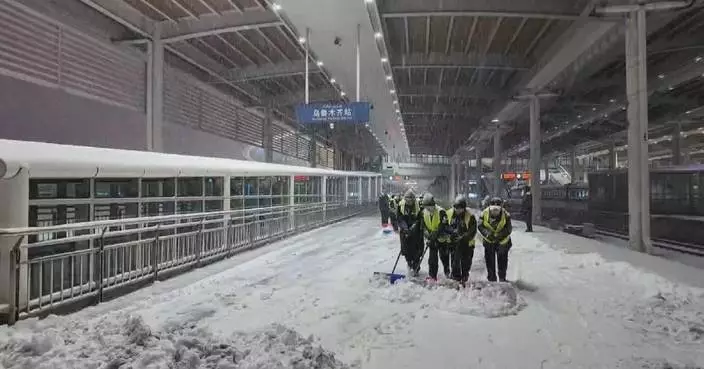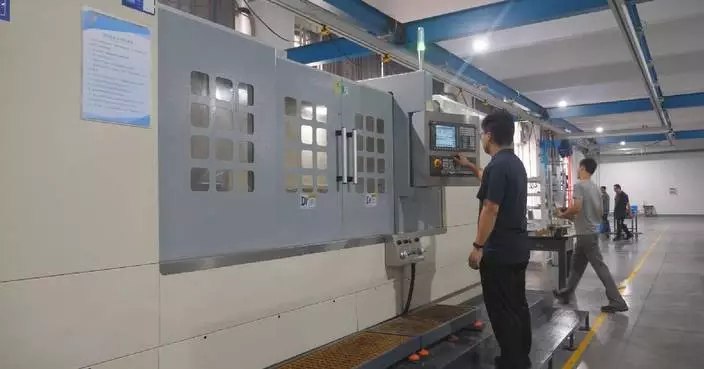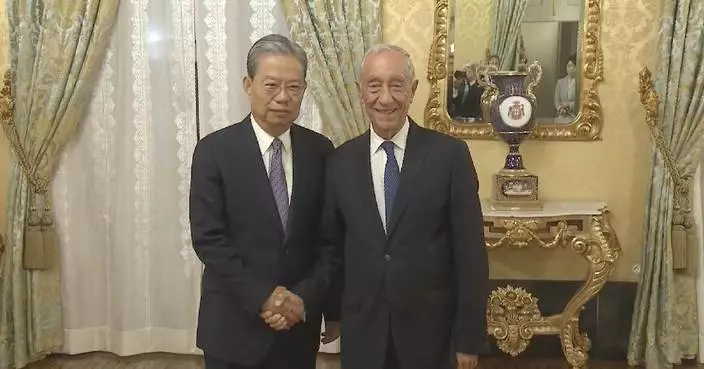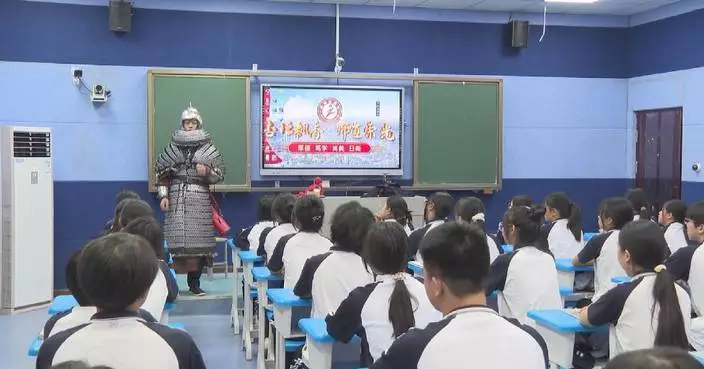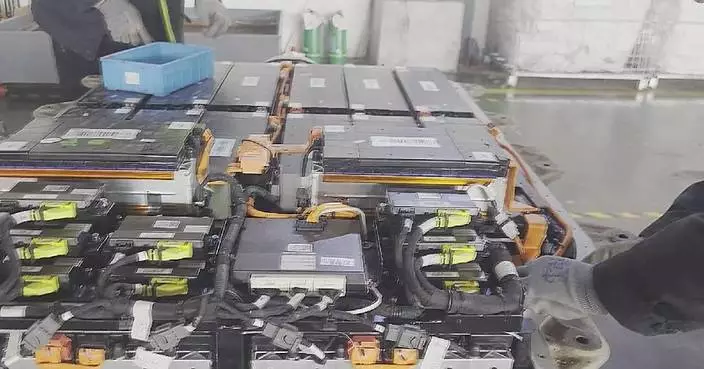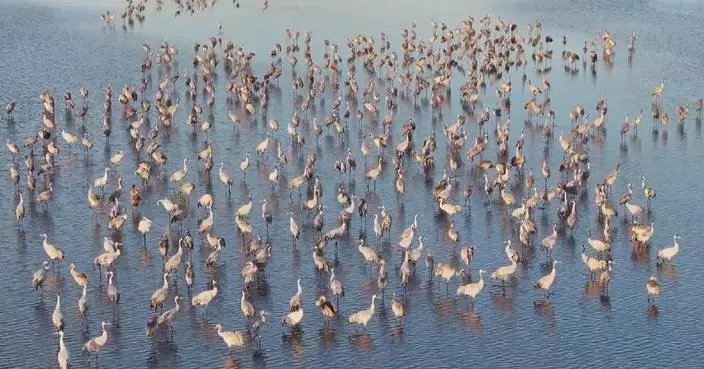The Grand Egyptian Museum (GEM) started trial operations of its main galleries on Wednesday in Giza, Egypt, offering visitors an exclusive preview of 12 meticulously curated exhibition halls.
The world’s first suspended obelisk greets guests at the museum entrance, while inside, the majestic grand hall houses the colossal statue of King Rameses II, the victory column of King Merneptah, and the statues of a Ptolemaic king and queen.
This trial phase, during which around 5,000 cultural relics will be showcased, is part of the museum's ongoing efforts to ensure a seamless visitor experience ahead of its highly anticipated official opening.
This phase marks another step forward for the GEM, following the successful soft openings of select areas, including private tours and events since November 2022.
According to Abbas al-Tayeb, assistant minister of tourism and antiquities for archaeological affairs at the GEM, the 12 main galleries cover an area of 18,000 square meters and tell the story of ancient Egyptian society throughout the ages.
So far, about 57,000 artifacts have been transferred to the museum, and more than 14,000 artifacts have been placed in the main display galleries.
The GEM is a scientific, cultural, and educational institution that is keen to preserve ancient Egyptian heritage and civilization, and promote scientific research by providing a unique and accessible integrated tourism experience for its visitors using modern multimedia technology.
The museum, which was originally planned to partially open in 2019, is a landmark project for Egypt's tourism development. Due to project delays, the opening date has been postponed several times.
Upon completion, the GEM is expected to host about 100,000 ancient artifacts.
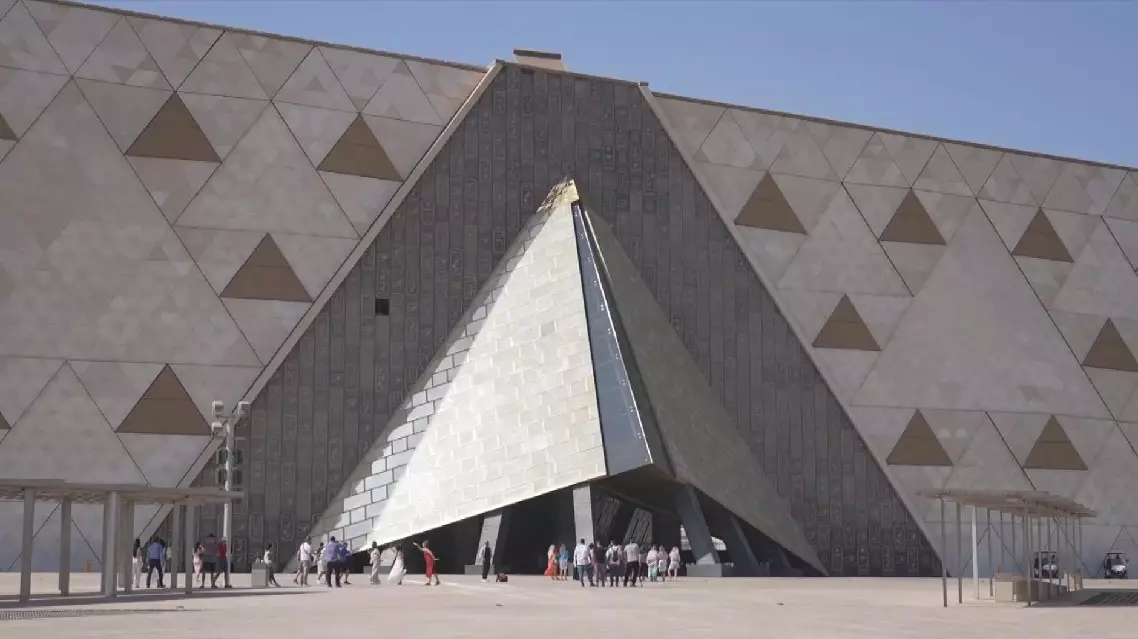
Grand Egyptian Museum starts trial operation of 12 main galleries
A former Peruvian congressman said the recent meeting between the leaders of China and the United States in Peru holds great significance for countries around the world, expressing hope that relations between the two sides would be empowered.
Chinese President Xi Jinping and U.S. President Joe Biden met in Peru during their attendance to the 31st APEC Economic Leaders' Meeting in Lima.
Guillermo Aliaga, legal expert and former Peruvian congressman, stressed that the meeting has global implications.
"I think that all the meetings that have been taking place here in Peru because of the APEC (summit) have been really important for both big countries. We don't have usually these kind of spaces where both leaders can have meetings and conversations in front of each other. They can talk about multiple things, including, of course, the security around the world. So I think it is really important," he said.
"If we don't have the appearance of both presidents, we might have some problems in order to take actual decisions. From the Peruvian point of view, we think that the presence of the president of China has been really important, especially to do with the new opening of the megaport that we have in Chancay that will have the new route to go to Shanghai," he said.
The Chancay Port, a project on under the China-proposed Belt and Road initiative, opened on November 14 and is set to enhance trade efficiency between South America and Asia, cutting shipping time to China to 23 days and reducing logistics costs by at least 20 percent.
According to Aliaga, the APEC meetings helped spotlight China's investments in the port and other projects in the eyes of U.S. leadership.
"At the same time, the United States has seen that China is investing right now in South America, especially in Peru. So they can talk between each other in order to see what kind of economic relations can be built or improved (between) both countries. Both countries are the biggest ones right now in the economy of the world. The forum of APEC is really important for not only these two countries and their citizens, it is really important also for the citizens around the world. I think that the relations between the two countries need to be empowered," he said.
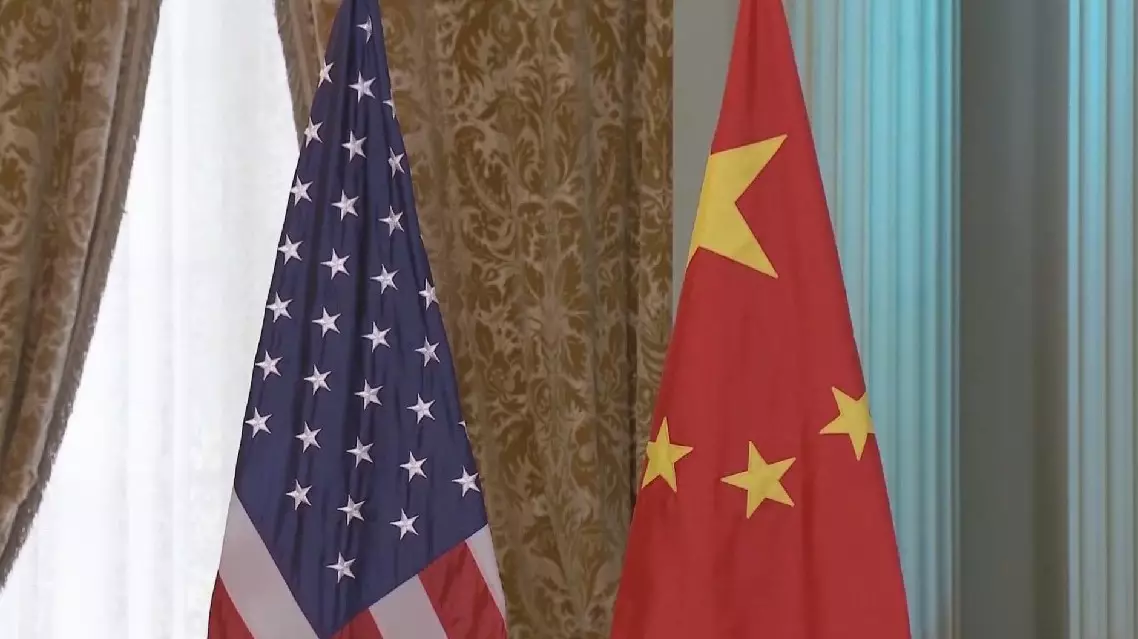
Former Peruvian congressman hopes for empowered US-China relations




